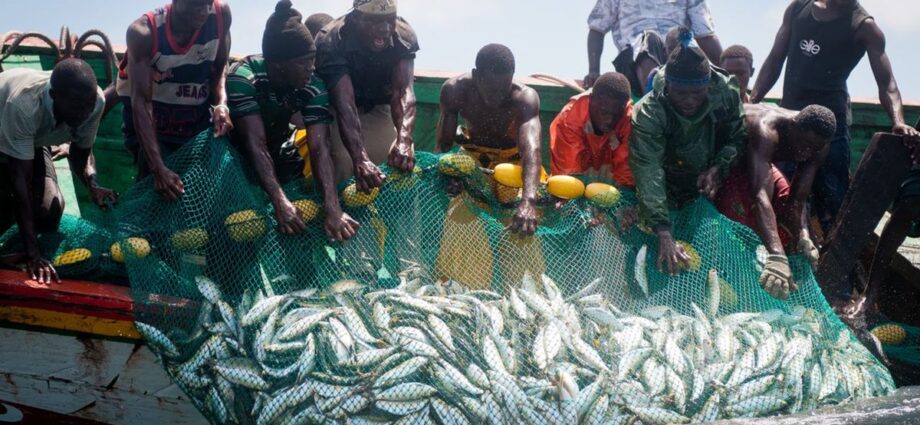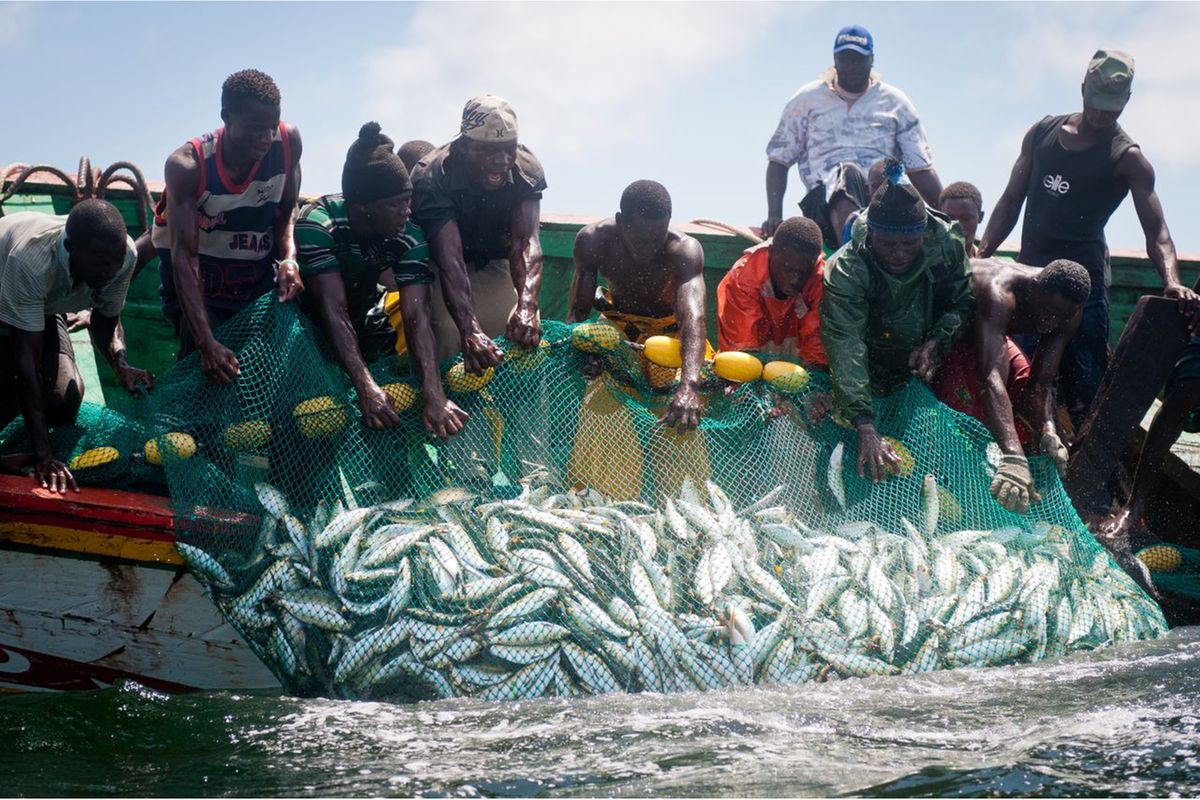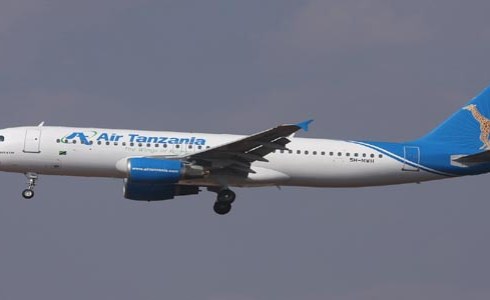The blue economy concept has gained attention in recent years as more countries turn to marine resources to improve their people’s livelihoods.
But what is the blue economy? In layman’s language, it entails sustainable use of ocean resources for economic growth and improved livelihoods.
Fisheries are an important sub-sector of the blue economy. For a country endowed with water resources such as Tanzania, fisheries can be a significant player in efforts to further tap into the socioeconomic potential of our people.
Despite their potential, fisheries in Tanzania and across the African continent face challenges that are both natural and man-made. Climate change has made this important economic area unpredictable, but it is the man-made problems that need our immediate and undivided attention.
Three colleagues – the respected marine biologist Prof Yunus Mgaya of the University of Dar es Salaam (UDSM); Prof Razack Lokina, an economist and Vice Chancellor of the University of Dodoma (Udom), and Dr Reguli Mushy, a water resources expert, who also teaches at the Open University of Tanzania (OUT) – and I recently researched into how our fishing communities and the country in general could benefit from the blue economy.
We interviewed a total of 1,026 respondents in eight fishing villages located in four regions in mainland Tanzania, namely Dar es Salaam, Tanga, Coast and Lindi. Our focus was mainly on fishing communities whose livelihoods depend heavily on marine resources.
Before dwelling further on what we established, it is worth noting what official statistics state about fisheries in our country. According to the 2021 Bank of Tanzania (BoT) report, fisheries contributed between 1.6 percent and 3.1 percent of gross domestic product (GDP) in the last ten years.
De Graaf and Garibaldi noted in 2014 that African governments lost $3.3 billion (Sh7.6 trillion at current exchange rates) in potential revenue to illegal fishing. This happens on a continent where, to quote Bailey (2008), “…fishers are normally the poorest of the poor”.
It is an open secret that poverty is widespread in most fishing communities in our country. In our study, we established that some fishermen were not even able to eat fish at home as they need to sell all their catch to make ends meet.
Now, what should we do? Our research showed that there are two levels at which fisheries can contribute to both GDP growth and improving the livelihoods of fishing communities in various parts of the country.
At the GDP level, we can introduce bigger fishing docks in the country. Most trawlers fishing in the Exclusive Economic Zone (EEZ) are not recording their yields because our ports are not capable of handling them.
The government is now building a large fishing dock in Kilwa District, Lindi Region, which will be able to handle two to three ships, or up to 30 boats at a go. We need to capitalise on our EEZ so that we get what we deserve.
At the lower level, it is mostly about giving local fishers access to the EEZ. Most local fishers are currently unable to access deep-water resources in the EEZ because of low capacity in terms of vessel size and technology, bearing in mind that traditional vessels – 90 percent of which use sails –lack sufficient range.
This means that the majority are artisanal marine fishers, who are mostly confined to shallow waters along coral reefs, mangrove creeks, sea grass beds and sand banks, where fish species associated with these habitats are few. As a result, this limits the full exploitation of aquatic resources for Tanzania’s socioeconomic development.
Our research recommended that local fishers be empowered through improved access to credit and provision of modern fishing vessels and appropriate gear to enable them to exploit fully exploit EEZ resources. We believe that this can pave the way for the development of the fisheries sub-sector based on existing EEZ resources.
If we consistently and effectively fight illegal fishing, monitor and regulate deep-sea fishing, invest in docking ports for big fishing vessels and enable local fishers to access the EEZ through affordable credit, our socioeconomic fortunes will change for the better.
It is worth noting that the government of Her Excellency President Samia Suluhu Hassan has increased the fisheries budget more than threefold since she came into office. This has made it possible for fishers to access credit at lower interest rates.
The contribution of fisheries to GDP is not what it should be, considering the abundant marine resources we are blessed with. However, the government is making concerted efforts to ensure a better future for fishing communities across the country and the nation in general.















